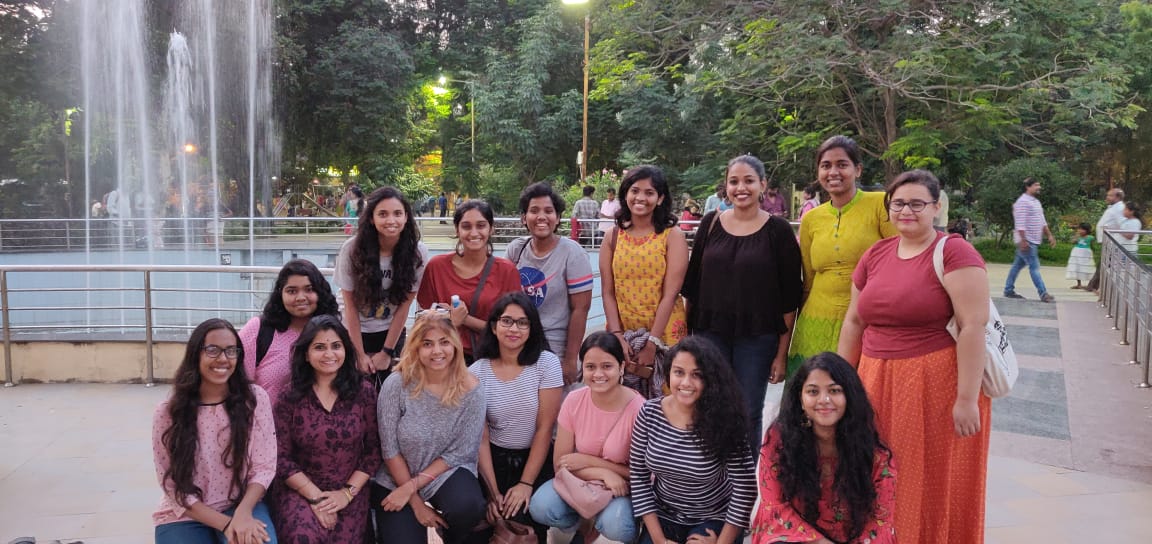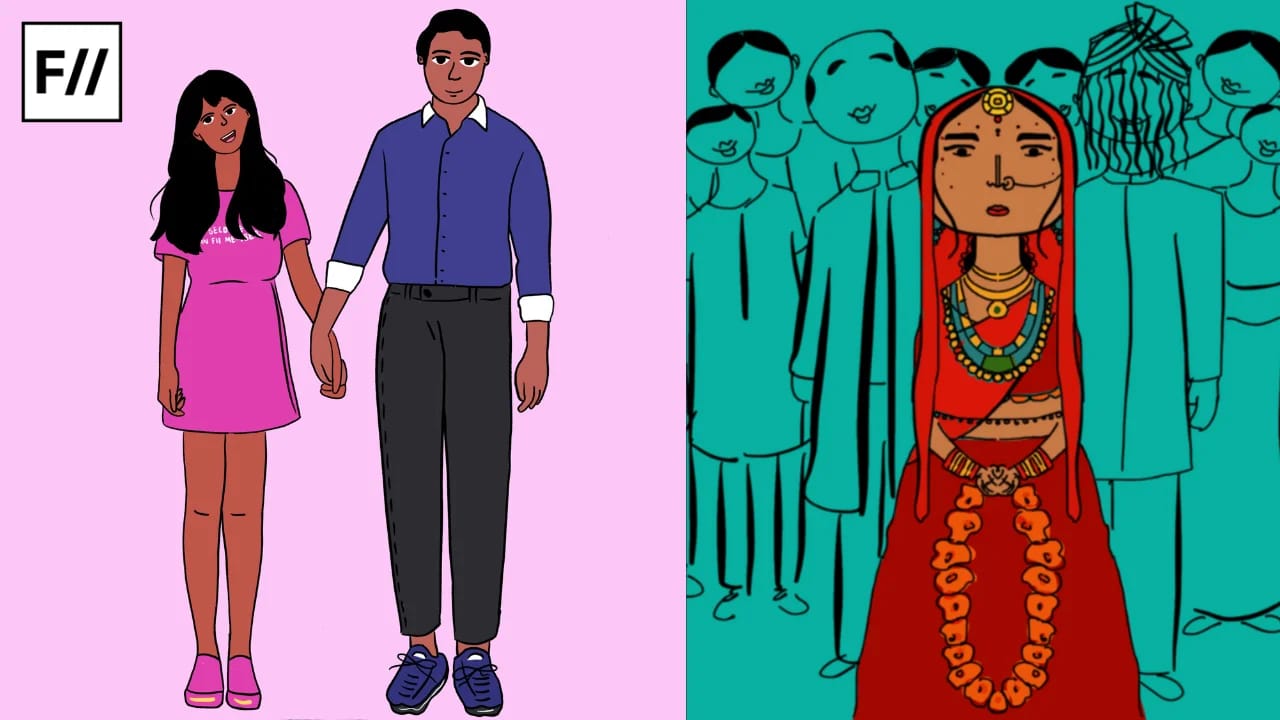#MeToo meets are essentially gatherings of everyday women who sit down and share their experiences of sexual assault, abuse, or simply quotidian sexism. These are spaces for victims to share their stories without fear of judgement or victim-blaming.
The slew of #MeToo stories in October filling everyone’s feeds on every social media platform was revolutionary and undeniably vital. Yet the collective reliving of trauma that it caused for several people – the majority being women – was inevitable. The first #MeToo meet took place in Delhi and was simply an attempt to do something about this. It was organised by Anoo Bhuyan, a journalist with The Wire.
It has since been arranged in several other cities – Mumbai, Bangalore, Chennai, Pune, and such. A special LGBTQIA+ Me Too meet to discuss sexual assault in queer spaces took place just last Sunday at Lodhi Garden, Delhi. This is how these meets are coordinated – Sukhnidh Kaur, an activist, asks for the people who’d like to help organise a #MeToo meet in their city to message her. She then connects all of them to each other and informs them of the established ground rules and helps spread the word on social media.
One of the ground rules for these meets is “no men, no press”. This, of course, invited outrage from MRA groups. Yet, another rule for the meets is that they are meant to be safe spaces. In a reality where men are statistically the largest perpetrators of sexual assault and being cautious around men is second nature for women, no space with men, especially strangers, can feel truly safe. It was also ascertained that their presence might be triggering to some victims.
These are spaces for victims to share their stories without fear of judgement or victim-blaming.
However, it is acknowledged that men are victims of sexual assault as well and need support and healing just as much as women. Hence, chapters of #MeToo meet for men are also being organised – the first one was in Bangalore.
Other general rules are that the venue must be a “central location, in an outside space such as a park, maidan, etc.” and that it must be held on a Sunday so as to ensure inclusivity and accessibility for everyone. The rule requiring the venue to be an open outdoor space came about after a DBA activist pointed out the inherent classism, although unintentional, when the Mumbai #MeToo was initially planned to be held at an art gallery in Colaba. It was consequently organised in Azad Maidan.
Also read: How Has The #MeToo Movement Affected The Lives Of Bengaluru Working Class Women?
Other rules include: There should be no leadership. No one should be facilitating the meet or leading the conversation. Everyone should be given enough space to speak. There must be no overriding of voices.
These meets are also not held with an intention to encourage discourse, debate, or find solutions to the problem of widespread sexual assault. They are simply meant for healing.
The #MeToo meet I attended was held in Chennai at the Anna Nagar Tower Park. There were approximately 15 women – students, working women – women from all walks of life. We sat down in a circle and talked about our experiences. Something I realised was that no matter how many stories of sexual assault you hear, it is shocking to be reminded of its colossal pervasiveness every single time.
There is something inherently soothing about sitting down and telling your story to a group of people who make their solidarity known loud and clear.
There is something inherently soothing about sitting down and telling your story to a group of people who make their solidarity known loud and clear. It helps validate your experience and process your trauma, which most of us never get to do because we are taught to bury it deep within ourselves; we are taught that the shame of it is for us to feel and it’s better to pretend it never happened. So when you are in a space specifically meant for you to talk, it helps you accept that something bad did indeed happen to you. And that is the first step towards healing – acceptance.
When you hear other people talking about experiences similar to your own, you feel less alone. It presents you with the realisation that you can make it through and how to do so because you see all these other women doing it and you learn.
Also read: How To Prioritise Self-Care During The Triggering Time Of #MeToo
The #MeToo meets do not solve all your problems or heal your trauma completely over the course of an evening. That’s what therapy is for. But what they do succeed in doing is making it a little better, a little easier to live with. You do not leave these meets with all your trauma behind you, but you do leave with your heart feeling a little lighter – with a renewed sense of hope, solidarity, and if you’re lucky, friends.
About the author(s)
Hamsadhwani is a law student and anti-caste socialist feminist. Abolish the conditions that produce the prison.




